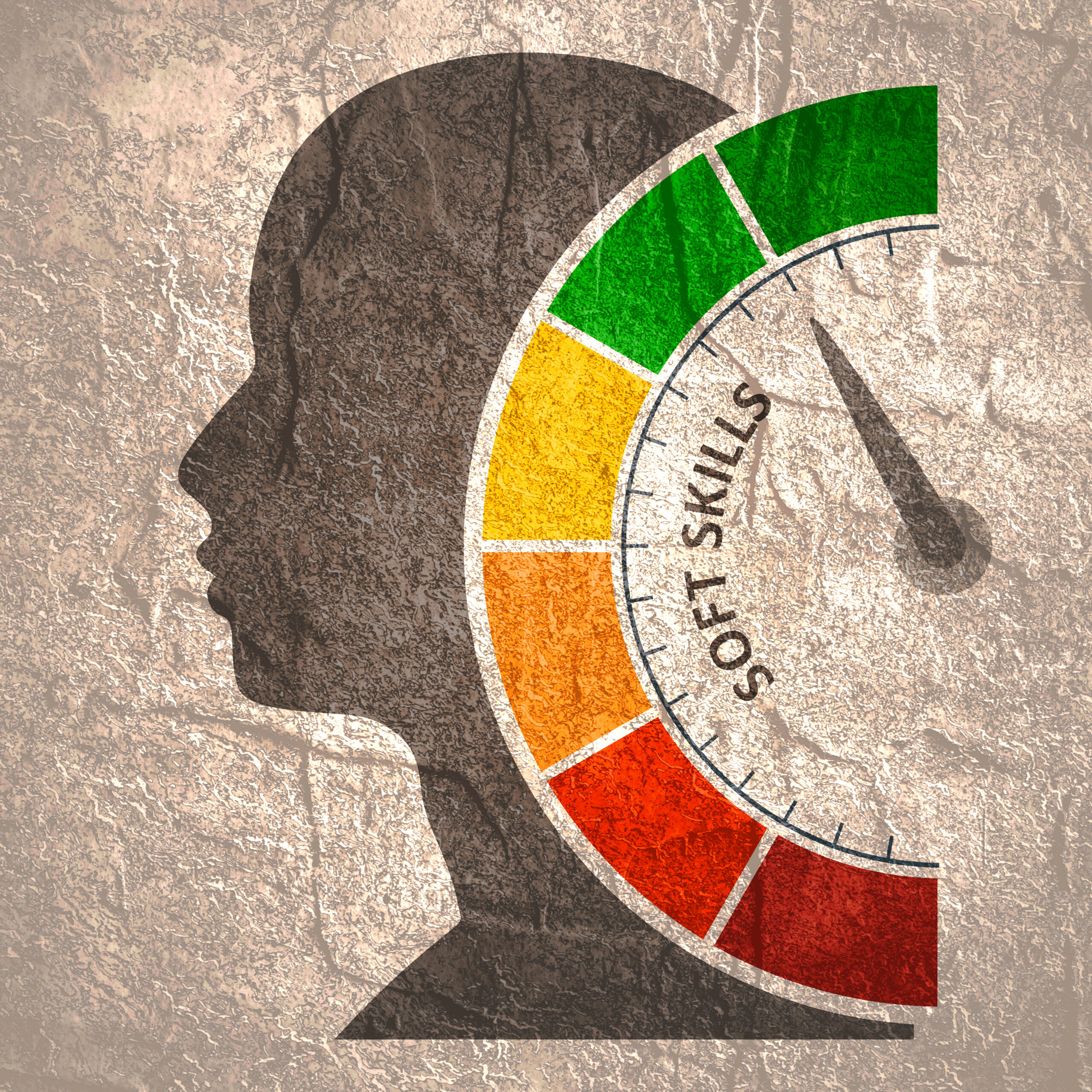Is the role of the supporting and developing the workforce actually unique? Jo Cook reflects.
A lot of questions were posed at the HR Leaders Unconference in London yesterday – everything from AI and organisations processes, through to finding time to decide how to “be” a supportive people function. Many things piqued my interest, and one in particular stayed with me: it was the statement that HR is unique in the business, in it’s challenges and responsibilities.
We can appropriately challenge everyone, including the senior levels, on their thinking, behaviours and actions
Obviously within the small group discussion of an unconference this was challenged – what about senior leaders, or other departments like IT – surely they are different types of glue keeping the organisation together with their own unique challenges too?
I find it interesting that whether I’m at an L&D, HR, Marketing, IT event or something else, there is often lament about “not having a seat at the table” – not being involved in senior or early discussions and decision making that has an impact on that department’s work. If none of those divisions have a seat at the table, I’m not sure who does or how big the table is.
Assumptions make… well you know
Let’s assume for a moment that HR (including talent, learning and development, succession planning, benefits and compensation and so, so much more) is indeed unique in an organisation. It’s unique because it deals with the people that run things, that manage things, that get things done. It needs to be there to make sure we all treat each other fairly, to help managers to have perhaps more legal meetings with their staff, to ensure that appraisals and other important development activities take place.
If this is done badly, or not at all, we all have been in, or know of, toxic workplaces and those that don’t follow good practice, or perhaps not even the law and the huge negative impact that can have all round.
All this leads to the fact that us people professionals are in a great place not only to develop and support everyone in the organisation, but that we can provide even more insight and future-proofing. Knowing when there are big changes to a company means that not only can we help craft the communications, but we offer the learning interventions that support it across all levels, and that we can look to lever the right tools to get things done.
We are in a position not just to train, coach and provide HR frameworks for difficult situations – but we can also appropriately challenge everyone, including the senior levels, on their thinking, behaviours and actions. We can help communicate ideas and problems upwards, steady the ship when a manger wants to focus on shiny tech, or an enthusiastic CEO wants to implement a tactic that might not reflect the long term strategy.
Or are we?
All of that assumes that the people actually know their stuff, do their job well, have the right resources to do it and are valued – not all of which are guaranteed.
What about another division that might make this unique claim – such as IT? Isn’t the Chief Technical Officer there to support the organisation to move forwards with using the right tech, from AI to ensuring decent Wi-Fi. To make sure that we don’t leap from one shiny bit of kit to another without understand all of the cyber security risks it might cause to an infrastructure. Aren’t they there to support and challenge just like the people profession, albeit with perhaps a different remit.
Let’s face it, these days, where would an organisation be without its technical kit and people to support it?
Sort of unique?
We know you can’t be unique on a scale, you either are or you aren’t. And I think the people profession is unique, by the nature of it’s work and being a glue that holds together much of the running of an organisation.
What I don’t think is that uniqueness makes us more relevant or more special than another unique division:
- Marketing and sales have amazing roles to play for getting in the business
- Production/operations have an equally important role in doing whatever the do is for that organisations
- Much as some might joke about middle management, we do need people to supervise, organise and disseminate information both ways
- The voice of people in an organisation, both at the perceived bottom and perceived top, are valuable and need to be heard in both directions
What we need to be doing, is all working together on a shared vision and strategy and communicating that clearly and often to all involved – and everyone keeping everyone else accountable.
Jo Cook is Editor of Training Journal and virtual classroom specialist at her company Lightbulb Moment




